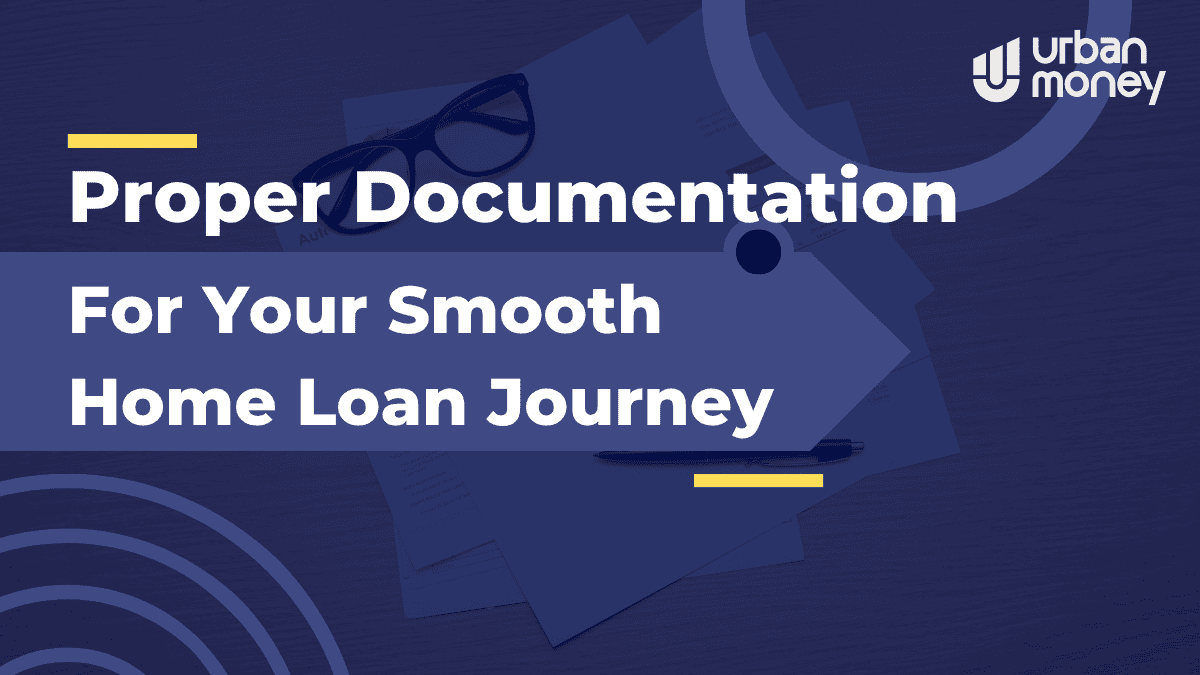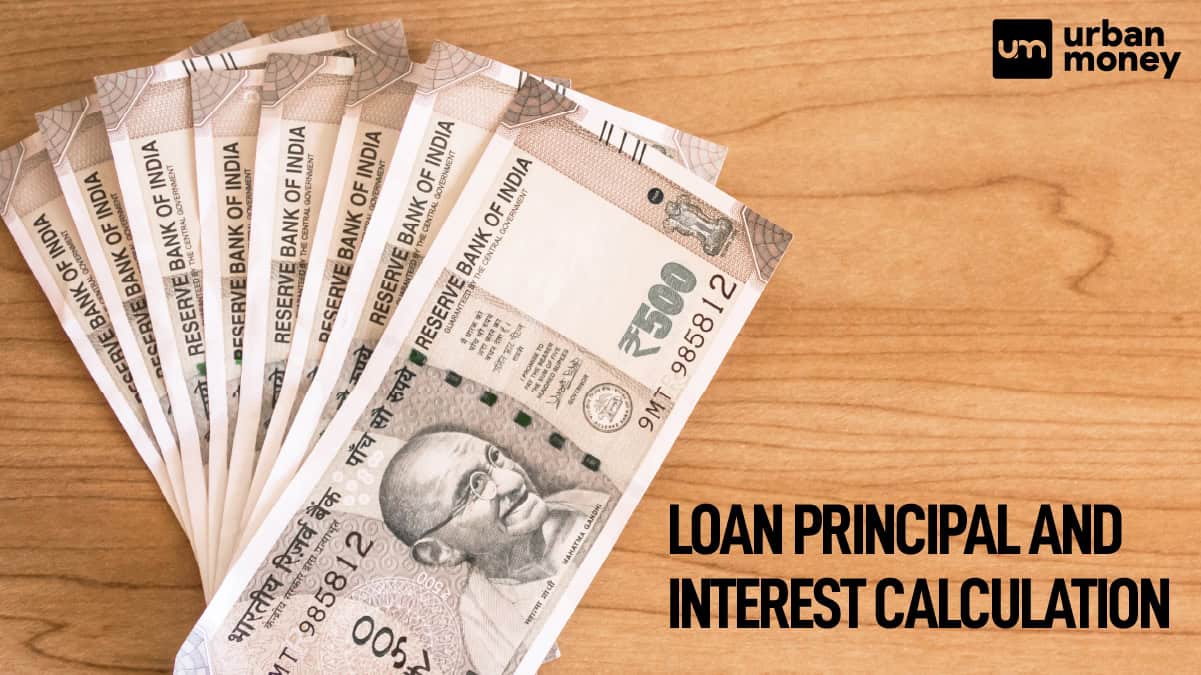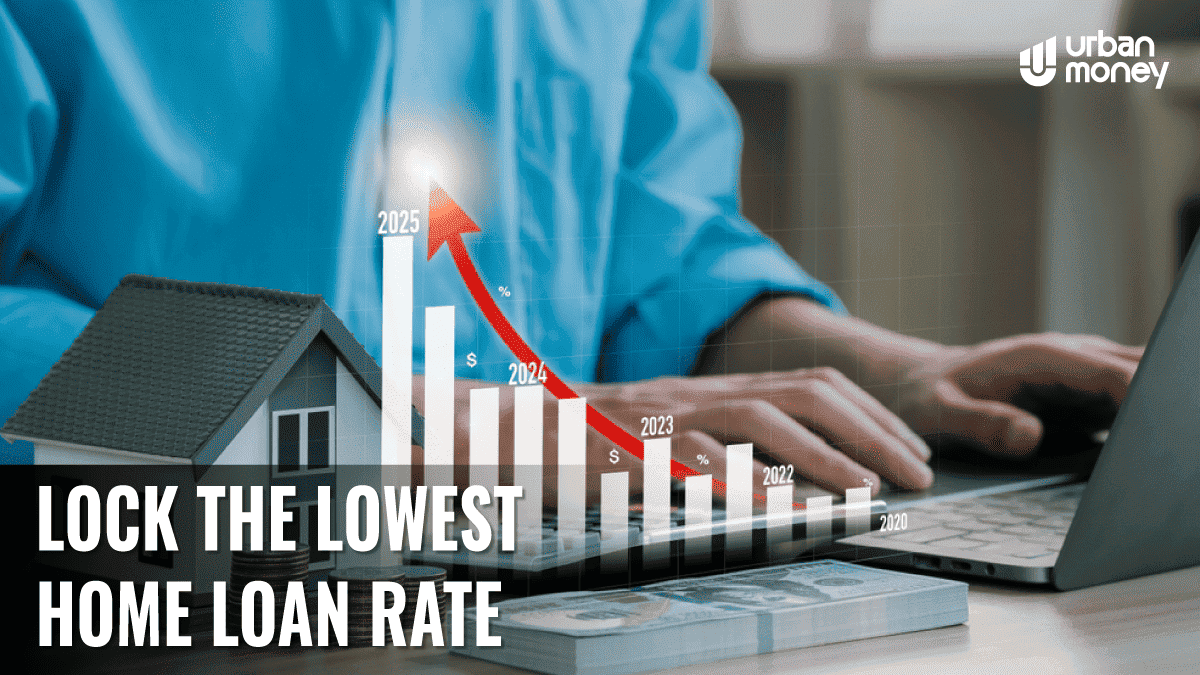In the dynamic landscape of financial services, certain eligibility criteria play a pivotal role in determining individuals’ access to various offerings. One such critical factor is the age limit.
In the context of India, understanding the minimum and maximum age limits for home loans is of utmost significance. These criteria not only shape the accessibility of financial assistance but also reflect the intricate balance between an individual’s life stage and their aspirations.
In this blog, we will delve into the nuanced dimensions of home loan age limits in India, shedding light on their implications for borrowers and the financial sector at large.
Minimum Age Limit for Home Loans in India
The minimum age limit for a home loan in India is 18 years. This is because lenders want to ensure the borrower has a long enough working life to repay the loan.
There are a few reasons why lenders have a minimum age requirement for home loans.
- First, they want to make sure that the borrower has a stable income and a good credit history.
- Second, they want to make sure that the borrower has enough time to repay the loan before they retire.
- Third, they want to make sure that the borrower is financially responsible enough to manage a mortgage payment.
The legal age requirement for a home loan in India is 18 years. This means anyone 18 or older can apply for a home loan, regardless of income or credit history. However, lenders may still have their own internal policies that restrict lending to borrowers under a certain age.
However, some risks are also to consider when applying for a home loan at a young age.
- First, you may not have a long enough credit history to qualify for a loan.
- Second, you may not have enough income to make the monthly payments.
- Third, you may be more likely to change jobs or relocate, which could make it difficult to repay the loan.
Maximum Age Limit for Home Loans in India
The maximum age limit for a home loan in India varies by lender, but it is typically around 65 years. This is because lenders want to ensure the borrower has enough time to repay the loan before retiring.
There are a few reasons why lenders have a maximum age limit for home loans.
- First, they want to make sure that the borrower has a long enough working life to repay the loan.
- Second, they want to make sure that the borrower is financially stable enough to make the monthly payments after they retire.
- Third, they want to make sure that the borrower is healthy enough to live in the home for the duration of the loan.
The maximum age limit for a home loan is based on the borrower’s life expectancy. Lenders use a variety of factors to estimate life expectancy, including the borrower’s age, health, and family history.
There are a few exceptions to the maximum age limit for home loans. Some lenders may allow borrowers to take out a home loan up to the age of 70 or even older if they have a long and stable work history and a good credit score.
Advantages of Taking a Housing Loan in Your 40s and 50s
There are several advantages to taking a housing loan in your 40s and 50s. Here are some of them:
- You may have more savings: By the time you reach your 40s and 50s, you may have accumulated more savings than you did when you were younger. This can give you a larger down payment, lowering your monthly payments and making you a more attractive borrower to lenders.
- You may have a more stable income: As you get older, you may have a more stable income. This can make qualifying for a loan and making monthly payments easier.
- You may be able to get a lower interest rate: Lenders may offer lower interest rates to borrowers in their 40s and 50s because they are considered to be a lower risk.
- You may be able to get a longer repayment period: A longer repayment period can give you more time to pay off your loan and lower your monthly payments.
- You may be able to take advantage of government schemes: Several government schemes can help you buy a home, such as the Pradhan Mantri Awas Yojana (PMAY). These schemes can offer you a lower interest rate, a subsidy, or a tax deduction.
Factors to Contemplate Prior to Seeking a Home Loan
Applying for a home loan in India is a significant financial commitment, and you should consider several important factors before taking this step. Here are some key things to keep in mind:
- Credit Score: Your credit score plays a crucial role in determining your loan eligibility and interest rates. A higher credit score typically results in better loan terms. Before applying for a home loan, check your credit score and take steps to improve it if necessary.
- Loan Eligibility: Lenders consider various factors, such as your income, age, employment stability, and existing liabilities, to determine your loan eligibility. Use online home loan eligibility calculators to get an estimate of how much you can borrow.
- Interest Rates: Compare interest rates offered by different banks and financial institutions. Choose between fixed and floating interest rates based on your risk tolerance and market expectations. Be aware that floating rates can change over the loan tenure.
- Loan Tenure: Longer loan tenures result in lower monthly payments but higher overall interest payments. Shorter tenures reduce interest payments but increase the monthly instalment amount. Find a balance that aligns with your financial capabilities.
- EMI Affordability: Calculate the Equated Monthly Instalment (EMI) you can comfortably afford without straining your monthly budget. Ensure that your monthly EMI doesn’t exceed 30-40% of your monthly income.
- Down Payment: Most lenders require you to make a down payment of a certain percentage of the property’s value. Make sure you have enough savings for the down payment, along with other associated costs like registration, stamp duty, and legal fees.
- Loan Amount and Property Value: Banks usually finance 75-90% of the property’s value. You’ll need to arrange the remaining amount as a down payment. Consider the property’s value in relation to the loan amount to ensure it’s a feasible investment.
- Prepayment and Foreclosure: Check whether the lender allows prepayment or foreclosure of the loan without any penalties. Having the option to pay off the loan before its tenure can save you a significant amount in interest.
- Loan Terms and Conditions: Carefully review and grasp the terms and conditions outlined in the loan agreement. Pay attention to clauses related to interest rate changes, prepayment penalties, and other relevant aspects.
- Loan Insurance: Consider taking home loan insurance to cover the outstanding amount in case of your unfortunate demise. This can provide financial security to your family and prevent the burden of loan repayment on them.
- Market Trends: Keep an eye on real estate market trends and property values in the area you’re considering. A well-researched decision can help you secure a property with good appreciation potential.
- Future Financial Goals: Consider how the home loan fits into your overall financial goals. Ensure that the loan doesn’t hinder your ability to save for other important goals like retirement, education, or emergencies.
- Market Volatility: Economic conditions and interest rates can change over time. Be prepared for potential interest rate fluctuations and their impact on your monthly payments.
FAQs
What is the maximum age limit for home loans in India?
The maximum age limit for a home loan in India varies by lender, but it is typically around 65 years. This means that you must not be older than 65 years old at the time the home loan matures. However, some lenders may allow borrowers to take out a home loan up to the age of 70, or even older, if they have a long and stable work history and a good credit score.
Can I get a home loan for a 25-year-old property?
Yes, you can get a home loan for a 25-year-old property. However, the lender will likely require you to make a larger down payment, as the property is considered to be older. You may also need to pay a higher interest rate.
Can I get a home loan after 40 years?
Yes, you can get a home loan after 40 years. However, the lender will likely assess your financial situation carefully, as you may have less time to repay the loan before you retire. You may also need to make a larger down payment.
Can I get a home loan for a 30-year-old property?
Yes, you can get a home loan for a 30-year-old property. However, the lender will likely require you to make a larger down payment, as the property is considered to be older. You may also need to pay a higher interest rate.
Can a retired person get a home loan?
Yes, a retired person can get a home loan. However, the lender will likely assess your financial situation carefully, as you may be on a fixed income. You may also need to make a larger down payment.
































